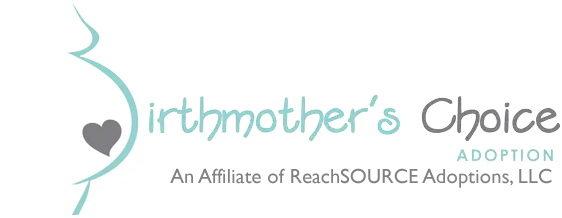Navigating the path of private adoption in the United States can feel overwhelming, especially when facing an unplanned pregnancy. The decision to place your child for adoption is profoundly personal and often misunderstood. Parenting seems more straightforward; however, adoption is a complex journey. Here’s what we know about it, and what you might experience if you think it’s the right choice for you:
Empowerment in Your Choice
Ultimately, the decision rests in your hands. While family, friends, and the father may have strong opinions, it’s crucial to remember that this choice is yours to make. The father’s perspective is important, yet if he isn’t supportive, you must prioritize what feels right for you. It’s essential to resist external pressure and choose a path you are comfortable with.
Finding Clarity and Peace
Discovering an unplanned pregnancy is often the most challenging part. Once you make a decision, be it adoption or another option, a sense of relief typically follows. Deciding on adoption can bring clarity and help quiet the external noise. If adoption feels right for you, don’t hesitate to seek support and guidance.
Involvement with Adoptive Parents
Many adoptive parents are open to your involvement in their lives. Clear communication is key. Some adoptive families will gladly share updates and photos, but you need to express your wishes. Assure them that your contact won’t disrupt their parenting or your healing. Open communication can ease future discussions about heritage and identity with your child.
Understanding Post-Adoption Emotions
Grieving after the adoption is natural and can be intense. It’s essential to face this grief with courage and self-compassion. Surround yourself with supportive individuals—friends, family, other birth mothers, or professional counselors. Expressing your emotions openly and healthily is vital. Don’t bottle up your feelings; letting them out is part of the healing process.
Healing Over Time
Grief following adoption is painful but not everlasting. Research indicates that birth mothers often lead fulfilling lives, with many achieving financial stability, emotional health, and success in their goals. The initial sorrow will subside, and with time, healing occurs. If you find the grief overwhelming, professional help is crucial for maintaining mental health.
Adoption vs. Foster Care
Permanent placement in adoption differs significantly from foster care. Unlike the transient nature of foster care, adoption places your child in a stable, loving, and long-term home. Parents who adopt are committed to providing a permanent family environment, which can offer a sense of security and continuity.
Your Child’s Curiosity
Your child will likely have questions about their origins. They will want to know about you, their birth mother. When that time comes, be prepared to share your story honestly while respecting the adoptive family’s boundaries. This openness can foster a meaningful relationship and help heal the loss experienced at birth.
Embarking on the journey of private adoption is not easy, but understanding these aspects can provide clarity and support. Remember, this decision is deeply personal, and there is help available every step of the way.

